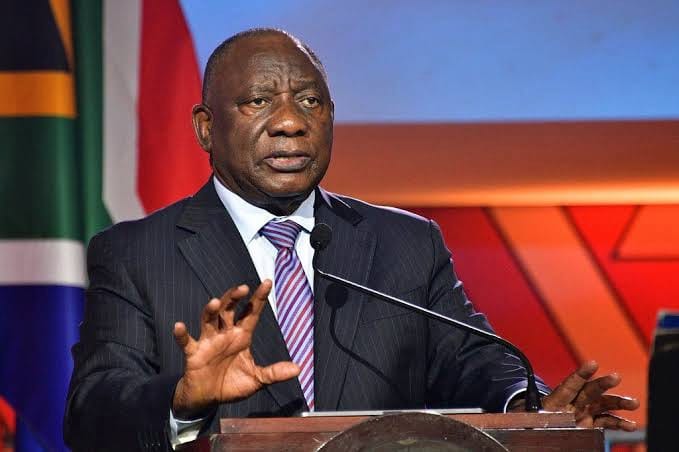Ramaphosa urges urgent reform of ‘outdated’ UN Security Council
South African President Cyril Ramaphosa has renewed the call for comprehensive reform of the United Nations Security Council, highlighting its failure to evolve in the 78 years since its establishment.

South African President Cyril Ramaphosa has renewed the call for comprehensive reform of the United Nations Security Council, highlighting its failure to evolve in the 78 years since its establishment.
Addressing world leaders at the 79th session of the UN General Assembly in New York, Ramaphosa emphasized that the council’s current structure remains “largely unchanged” and excludes key global regions, particularly Africa.

“Seventy-eight years since its formation, the structure of the UN Security Council remains largely unchanged. Africa and its 1.4 billion people remain excluded from its key decision-making structures. The Security Council has not fulfilled its mandate to maintain international peace and security,” Ramaphosa asserted. He stressed the need for the council to become more inclusive, allowing for the voices of all nations to be heard and considered, saying, “Africa stands ready to play its part in building a safer global order.”
Also Read: Ryan Routh: Man charged with attempted assassination of Trump at Florida golf course
His remarks come amid growing frustration from global leaders over the council’s concentration of power in the hands of its five permanent members— the U.S., Russia, China, the U.K., and France—who hold veto power, enabling them to block decisions on critical international issues.
Ramaphosa’s call echoed sentiments shared by other prominent nations, including Brazil, Germany, India, and Japan, who have consistently urged for reforms to make the Security Council more representative of the current global landscape.
Addressing pressing conflicts in the Middle East and Africa, Ramaphosa expressed deep concern over the escalating violence between Israel and Hamas, describing it as a “grim continuation of more than half a century of apartheid.” He drew parallels with South Africa’s own past, stating, “We South Africans know what apartheid looks like. We lived through it. We suffered and died under it. We will not remain silent and watch as apartheid is perpetrated against others.”
The president also spoke on the spread of Mpox, particularly in Africa, urging the global community to mobilize resources for vaccine stockpiles and medical aid to prevent further outbreaks.
His call for Security Council reform underscores the growing impatience among African nations and emerging economies for more equitable representation in global decision-making structures, particularly in the face of ongoing conflicts and global health crises.
Ramaphosa’s speech at the General Assembly followed his address to the South Africa/US Business Forum, where he sought to attract R2 trillion in investment to South Africa, showcasing his government’s focus on both international diplomacy and domestic economic recovery.














